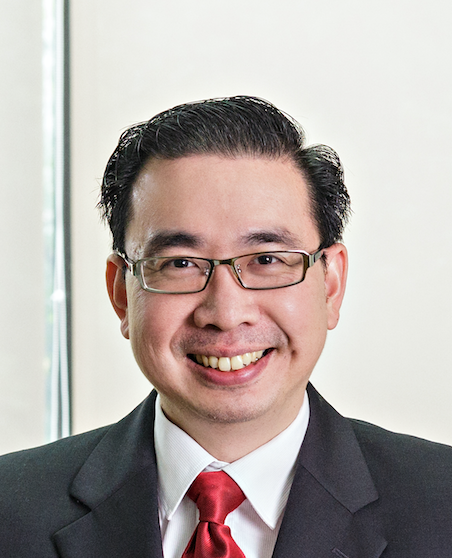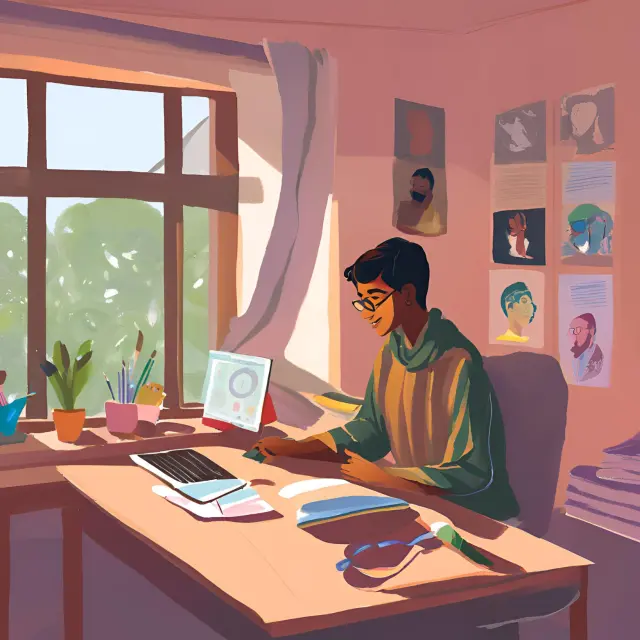Interview: Dr Benjamin Cheah Tien Eang
Interview: Dr Benjamin Cheah Tien Eang with ComingTechs
[box type=”shadow” align=”” class=”” width=””]Newsdesk: Please tell us something about yourself.
Dr Benjamin: I am a consultant physician sub-specializing in rheumatology. I spent 10 years under the Ministry of Health before moving into academia at the University of Malaya where I spent another 7 years. I moved to International Medical University (IMU) under their Healthcare arm in 2016, as they endeavor to build an academic medical center, The IMU Hospital, scheduled to be ready by 2020. I am still very involved in clinical research and clinical practice. I now spend my time mainly in Pantai Hospital Kuala Lumpur within IMU Specialist Clinics there. [/box]
[box type=”shadow” align=”” class=”” width=””]Newsdesk: You are the President of Malaysian SLE Association, Executive Committee Member of Arthritis Foundation Malaysia & a member of Malaysian Osteoporosis Society and Malaysian Society of Rheumatology. Please tell us about these societies and future plan of it.
Dr Benjamin: Patient advocacy has also been a passion of mine. You cannot practice medicine without really being involved in these patient support groups. Malaysian SLE Association (PSLEM) and Arthritis Foundation Malaysia are among the patient support groups that I spend some time with. The focus has been in the education of patients and patient support, from counseling to financial assistance. In PSLEM, we are also aiming to set up a national registry. This is an important step in understanding the burden of disease and hence assist planning and allocation of resources. [/box]
[box type=”shadow” align=”” class=”” width=””]Newsdesk: The new IT solutions like wearable devices, data, Artificial Intelligence are changing the healthcare. How are you evaluating it? Do you find any changes in Malaysia?
Dr Benjamin: As we delve into IT, it is important to understand that the practice of medicine has a very human element to it. Developing IT solutions have to take into consideration the need for humans to have human contact. Having said this, many industries from banking to transportation have changed dramatically with the use of technological solutions. The ability to perform tasks that would otherwise be humanly impossible has and will continue to change healthcare. From the ability to gather information expeditiously to the new concept of continuous care in chronic diseases, technology remains the nervous system within this framework. Malaysia has always and is continuing to push for technology in different sectors, including healthcare. The key now is to attract talents by creating a conducive eco-system and ensuring that there is a transfer of technological expertise in any collaborative projects. [/box]
[box type=”shadow” align=”” class=”” width=””]Newsdesk: You are leading the hacking health project in Malaysia. What’s your goal with it?
Dr Benjamin: Hacking Health is an international organization spanning 5 continents. It is a not-for-profit organization run mainly by very passionate individuals. It hopes to bridge the divide between different sectors within the healthcare IT scene, breaking down barriers to facilitate innovation in healthcare. Frequent discussions within the Chapters in different countries has been an eye-opening experience and the excitement is palpable.
[box type=”shadow” align=”” class=”” width=””]Newsdesk: Please say some words for our readers in ComingTechs where we are introducing new upcoming technologies in healthcare.
Dr Benjamin: There are several hot areas in healthcare
1. IoT – the proliferation of connected devices has and will change how healthcare is delivered.
2. Big data analytics – This area has enabled us to look at information in very complex scenarios, for example, genomics.
3. Virtual or augmented reality – This area has changed health care from medical training to managing certain health conditions
4. Artificial intelligence – This is often an overused buzz word. We are still nowhere near computers taking over patients, but small steps in with machine learning has exponentially moved us towards smart solutions. [/box]
Find new and coming technologies at our site: https://comingtechs.com. Please subscribe to our news form and add RSS to your favorite news reader.




Post Comment
You must be logged in to post a comment.